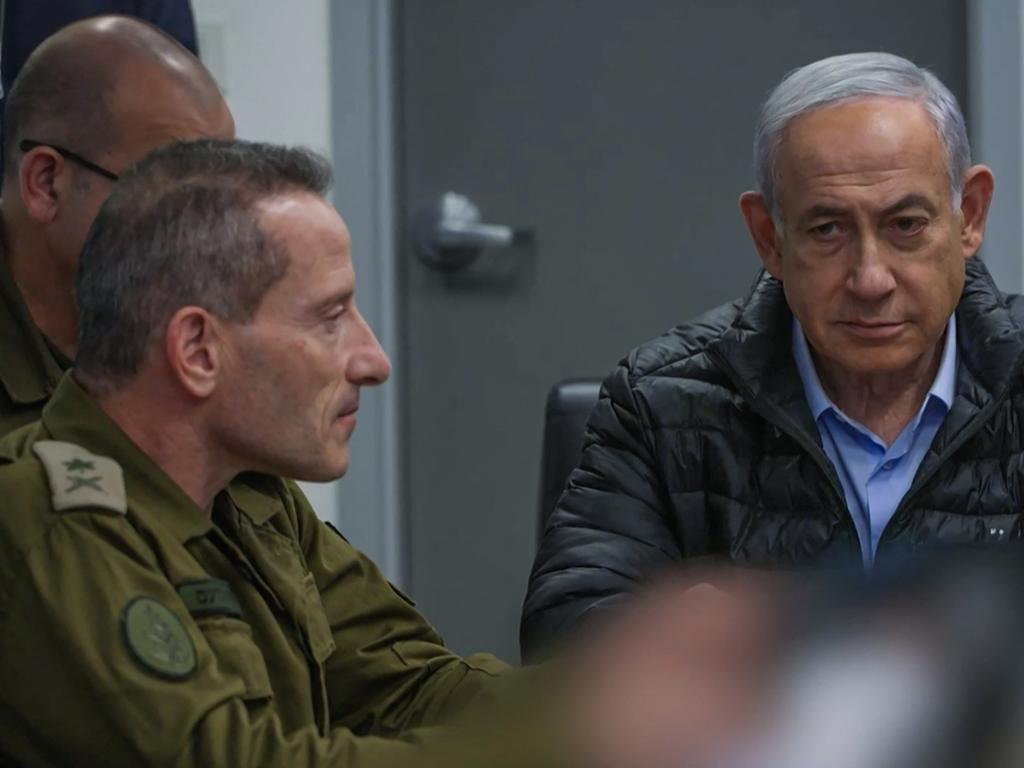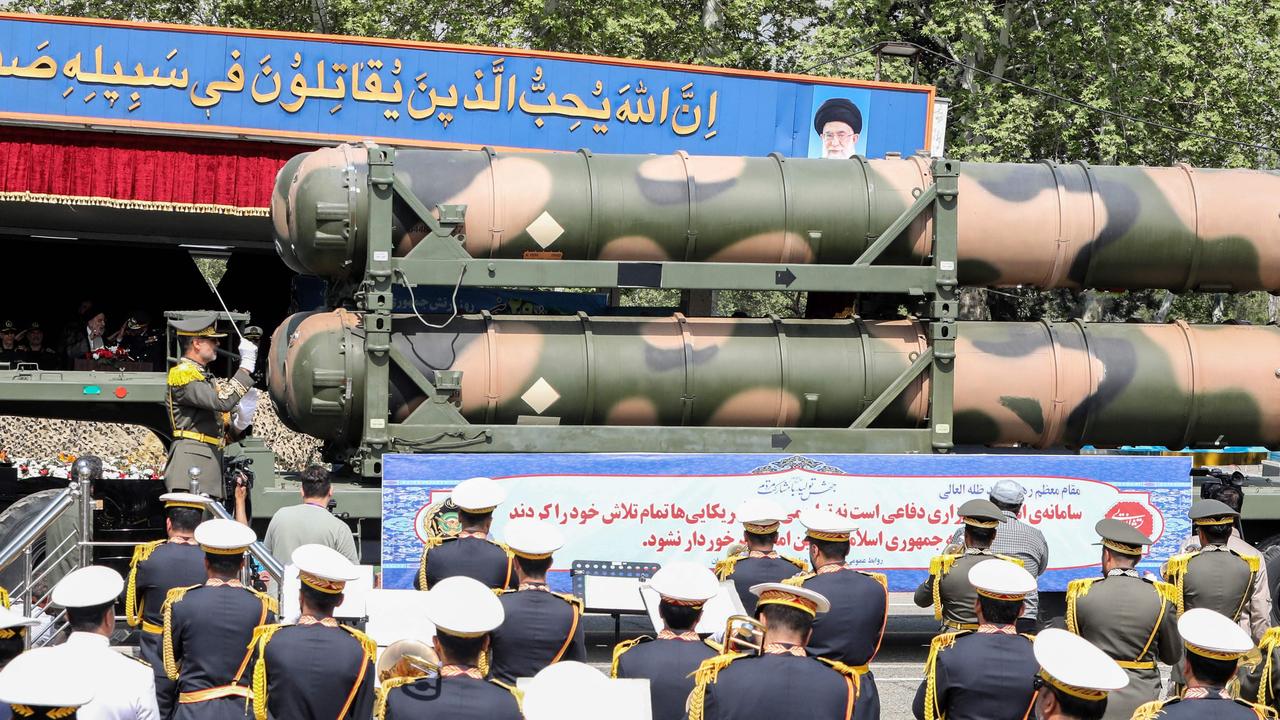Tensions dialled back as Ayatollah refrains from Israel threats
Iran appears to be stepping back from the brink of all-out war with Israel, as the country’s Supreme Leader refrained from threatening Israel in his first remarks since the weekend’s attacks.
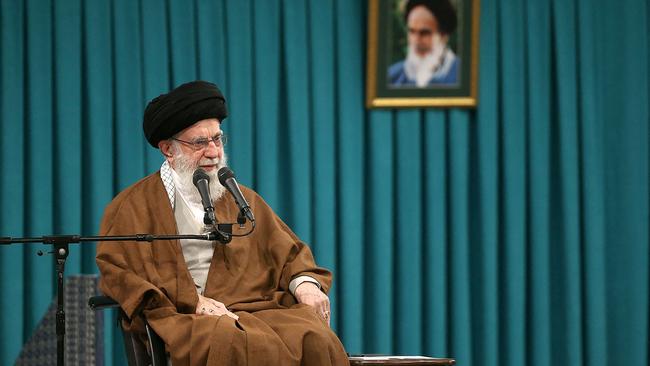
Iran appears to be stepping back from the brink of all-out war with Israel, as the country’s Supreme Leader refrained from threatening Israel in his first remarks since the weekend’s attacks, and its president told cabinet members Tehran does not seek war.
As Ayatollah Ali Khamenei met the families of four Iranians who were killed during the air strikes, he said it was up to “officials” to “assess and precisely apprehend what needs to be done”.
He warned, however: “Zionists are making a miscalculation with respect to Iran … we need to make them understand these things.”.
President Masoud Pezeshkian told a cabinet meeting: “We do not seek war but we will defend the rights of our nation and country,” Pezeshkian told a cabinet meeting, adding that Iran “will give an appropriate response to the aggression of the Zionist regime.”
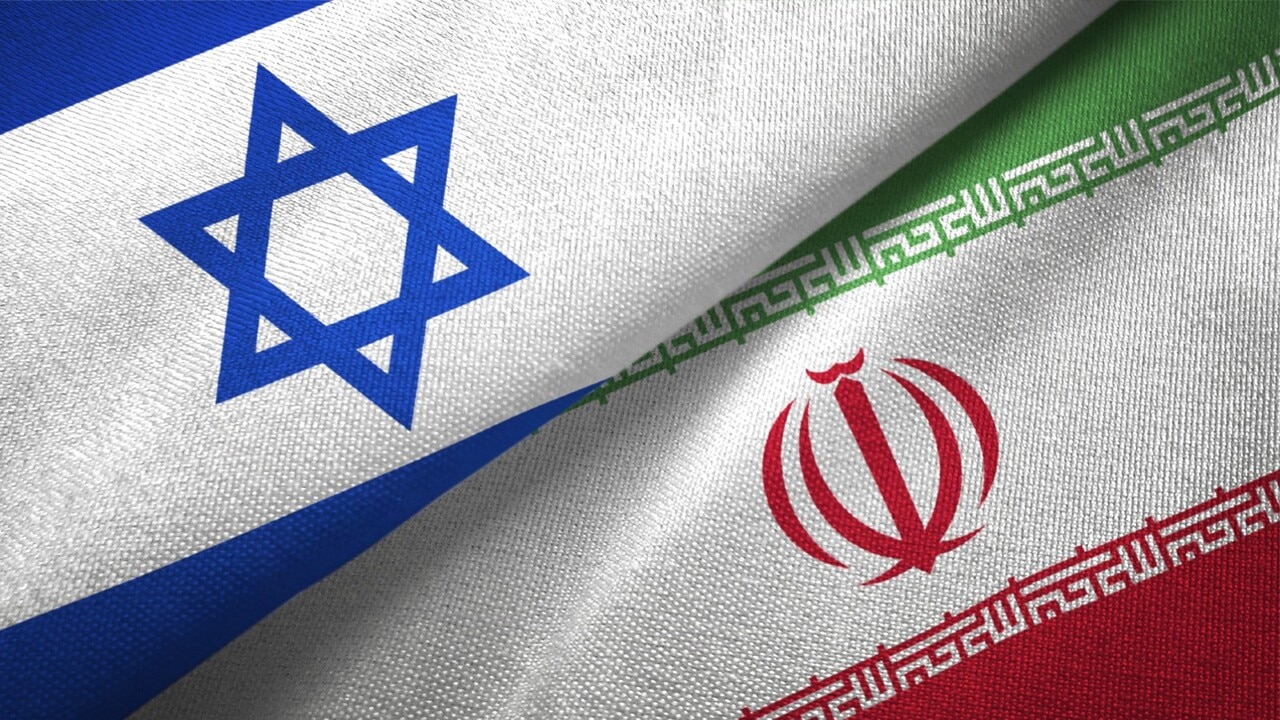
On Saturday, Israel conducted air strikes on military sites in Iran in response to Tehran’s October 1 attack on Israel, itself retaliation for the killing of Iran-backed militant leaders and a Revolutionary Guards commander.
The attacks played out in several waves over multiple hours, then wrapped up before daybreak. Israel said it had hit military targets in a number of areas, including missile manufacturing facilities and air-defence sites, in an assault that appeared calibrated to avoid provoking heavy retaliation.
The attacks rendered defenseless Khuzestan Province’s Abadan oil refinery, Bandar Imam Khomeini petrochemical complex and an adjacent major port, as well as the Tange Bijar gas field in the Ilam Province, according to multiple reports.
The New York Times reports the strikes also disabled three Russian-made S-300 air-defence systems at Tehran’s Imam Khomeini International Airport and at the Malad missile base near the capital.
Israel has warned Tehran against responding.
Mr Pezeshkian blamed the soaring regional tensions on Israel’s “aggression” and US support for the country, which Tehran does not recognise.
“If the aggressions of the Zionist regime and its crimes continue, the tensions will spread,” he said.
Tehran has continued to play down the attacks, with newspaper editors instructed to resume normal coverage and citizens warned they risk jail for taking pictures of damaged infrastructure, the London Times reports.
Meanwhile, Iranian armed forces on Sunday killed at least four “terrorists” behind a deadly attack on police the day before in the country’s southeast, Tasnim news agency reported.
Ten police officers were killed in Sistan-Baluchistan province on Saturday in an attack claimed by the Pakistani-based Sunni jihadist group Jaish al-Adl – Arabic for Army of Justice.
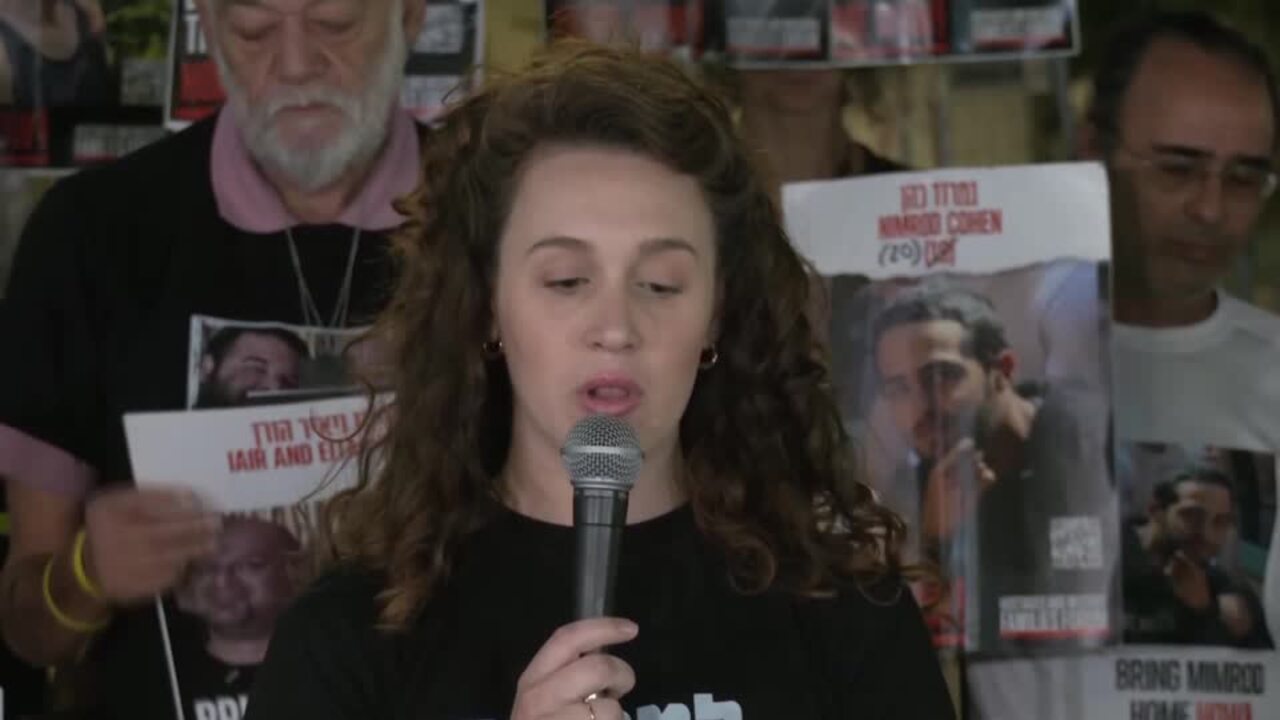
In response, Iran’s Revolutionary Guards backed by intelligence forces and police on Sunday killed at least four “terrorists” suspected of involvement in a drone strike, Tasnim said, citing the Guards.
“During this operation, four terrorists were killed, some were wounded and escaped and four others were arrested,” it said.
“The operation to arrest and destroy the remaining terrorists is still ongoing.” The official IRNA news agency, citing a police statement, reported the death of “10 personnel in two patrol units” in what it called an ambush.
Sistan-Baluchistan borders Pakistan and Afghanistan and is one of the most impoverished provinces in the Islamic republic.
Saturday’s attack was one of the deadliest in the area in recent months. In early October, at least six people, including police officers, were killed in the province in two separate attacks.
Jaish al-Adl claimed responsibility for the two attacks in a message on Telegram.
Formed in 2012 by Baluch separatists, the group is considered a “terrorist organisation” by both Iran and the United States.
AFP

